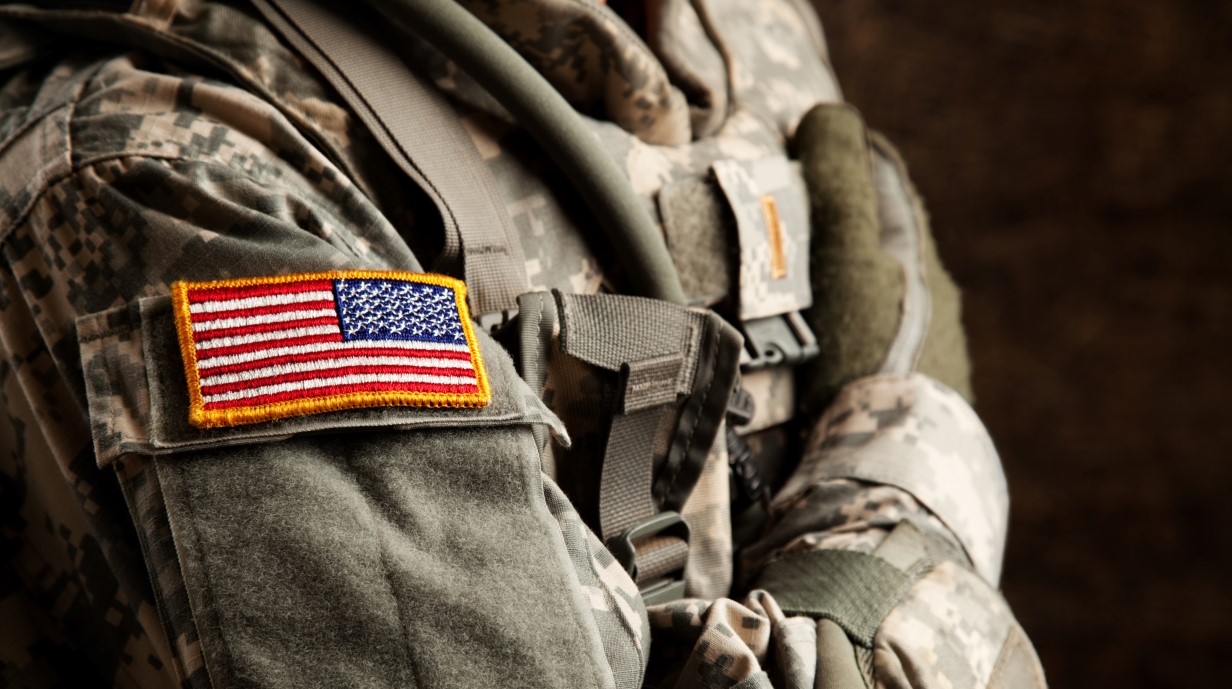Army Branch Orientation
Find Your Career in the U.S. Army

U.S. Army Careers
ROTC cadets receive training that prepares them for success across a wide variety of careers across the branches of the U.S. Army.
When cadets graduate and commission as second lieutenants, they enter one of the Officer Career Fields across the Army's 18 branches and further specializations. Examples of roles in each branch can be found below, and interested students and current cadets are also encouraged to explore more career options to find a path most aligned with their interests and strengths.
-
Adjutant General
An Adjutant General officer (42) is responsible for providing personnel support that affects Soldiers’ overall welfare and well-being, while assisting commanders by accounting for and keeping Soldiers combat ready.
Adjunct General -
Air Defense Artillery
The air defense artillery officer (14) leads the air defense artillery branch, who protects U.S. forces from aerial attack, missile attack and enemy surveillance. They must be an expert in tactics, techniques and procedures for the employment of air defense systems.
Air Defense Artillery -
Armor
Armor officers (19) are responsible for tank and cavalry/forward reconnaissance operations on the battlefield. The role of an armor officer is to be a leader in operations specific to the armor branch and to lead others in many areas of combat operations.
Armor -
Aviation
Aviation officers (15) coordinate/lead operations using Army helicopters: OH-58 Kiowa, UH-60 Black Hawk, CH-47 Chinook and the AH-64 Apache. These operations can haul troops and carry supplies, as well as provide quick-strike and long-range target engagement.
Aviation -
Chemical Corps
A Chemical, Biological, Radiological and Nuclear officer (74) commands the Army branch that specifically defends against the threat of CBRN weapons and Weapons of Mass Destruction. These officers lead an extraordinary chemical unit that is completely dedicated to protecting our nation.
Chemical Corps -
Engineering
An engineer officer (12) is responsible for providing full support to the wide range of engineering duties in the Army. They can help build structures, develop civil works programs and even provide combat support.
Engineering -
Field Artillery
The field artillery officer (13) leads the field artillery branch, who neutralizes the enemy by cannon, rocket and missile fire. The officer must be an expert in tactics, techniques and procedures for the employment of fire support systems.
Artillery -
Finance
The financial manager (36) is in charge of the Army’s Finance Corps, who are responsible for sustaining missions through purchases of services and supplies.
Finance -
Infantry
The infantry officer (11) is responsible for leading the infantry and combined armed forces during land combat.
Infantry -
Medical Service Corps Officer
Medical Service Corps Officers are essential in treating and helping the overall health of Soldiers and their families. They are also responsible for much of the medical research that takes place in the Army. From medical fields such as optometry and podiatry to laboratory sciences to nursing and behavioral sciences, the Army Medical Service Corps includes many areas of specialty.
Medical Corps -
Military Intelligence Corps
The Army’s military intelligence (35) is responsible for all collected intelligence during Army missions. They provide essential information that often save the Soldiers fighting on front lines.
Military Intelligence Corps -
Military Police Corps
A military police officer is responsible for leading the Soldiers that protect lives and property on Army Installations.
Military Police Corps -
Ordnance
Ordnance officers (91) are responsible for ensuring that weapons systems, vehicles and equipment are ready and available — and in perfect working order — at all times. They also manage the developing, testing, fielding, handling, storage and disposal of munitions.
Ordnance -
Quartermaster
Quartermaster officers (92) are responsible for making sure equipment, materials and systems are available and functioning for missions. More specifically, the quartermaster officer provides supply support for Soldiers and units in field services, aerial delivery, and material and distribution management.
Quartermaster -
Signal Corps
The signal officer (25) leads the Signal Corps, which is responsible for the Army’s entire systems of communication. Officers plan and execute all aspects of communication on a mission and are critical to the Army’s continued success.
Signal Corps -
Transportation
The Transportation Corps (88) is responsible for moving supplies, troops and equipment anywhere on the globe. During war, the Transportation Corps utilizes trucks, boats and airplanes to provide extremely fast support to the combat teams on the frontlines.
Transportation
